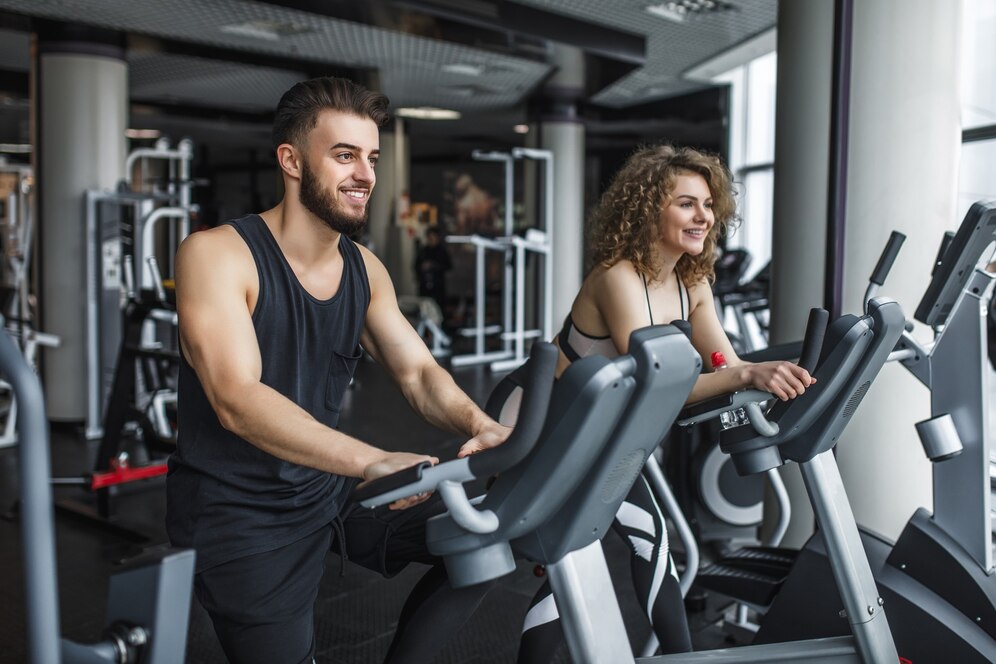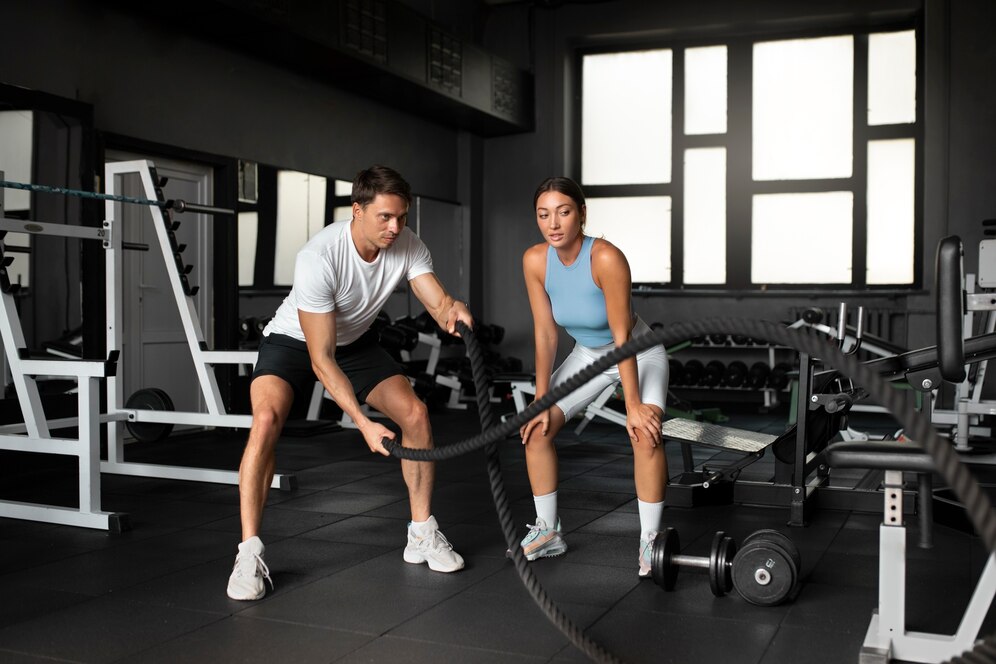There is no doubt that going to the gym is very beneficial for health. But just as every coin has two sides, similarly doing gym has both advantages and disadvantages. What you get from this depends on how you are doing gym.

In such a situation, if you are repeatedly repeating the mistakes mentioned in this article, then it can make your heart weak, due to which the risk of heart attack increases significantly.
Exercise beyond capacity
The most common mistake for beginners or those who have not been to the gym for a long time is to push harder than their capacity. Lifting heavy weights or running beyond your capacity can put a sudden strain on your heart. Due to this, your heart rate and blood pressure can increase rapidly, which increases the risk of heart attack or stroke.
Missing warm-up and cool-down
In a hurry to go to the gym, many people skip warm-up and cool-down. This is a big mistake. Warm-up prepares your muscles for exercise and increases body temperature. Cool-down helps to gradually reduce your heart rate and bring the body into a relaxed state. Both exercises reduce the pressure on your heart and also reduce the risk of injury.
Ignore the pain
It is normal to occasionally suffer minor muscle strains during exercise. But if you are experiencing chest pain, dizziness, or trouble breathing, it is a signal to stop. Ignoring the pain and continuing to exercise can be dangerous for your heart. In such a situation, stop exercising immediately and take rest. If necessary, consult a doctor.

Drink less water
It is natural to sweat during exercise. Along with sweat, water also comes out from the body. If you don't drink enough fluids, you can become dehydrated. Dehydration slows down blood circulation, causing the heart to work harder to pump blood. It is very important to drink water before, during and after exercise.
Hiding your medical condition
If you already have any heart related disease, then definitely consult a doctor before going to the gym. Tell them what exercise you want to do. The doctor will tell you which exercises are safe for you and which are not. They can also tell you some precautions. Hiding your medical condition can be dangerous for you.
(PC: Freepik)










